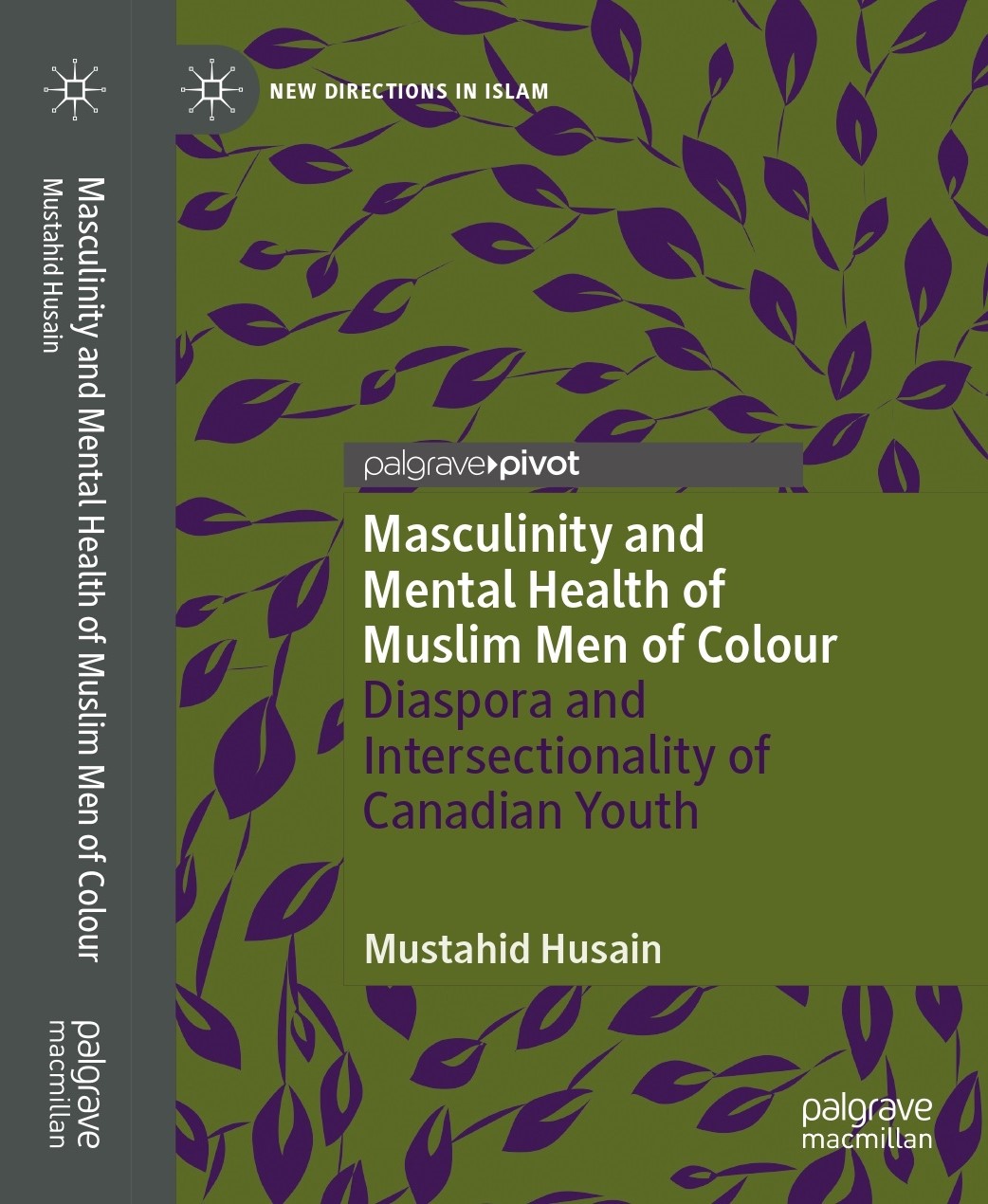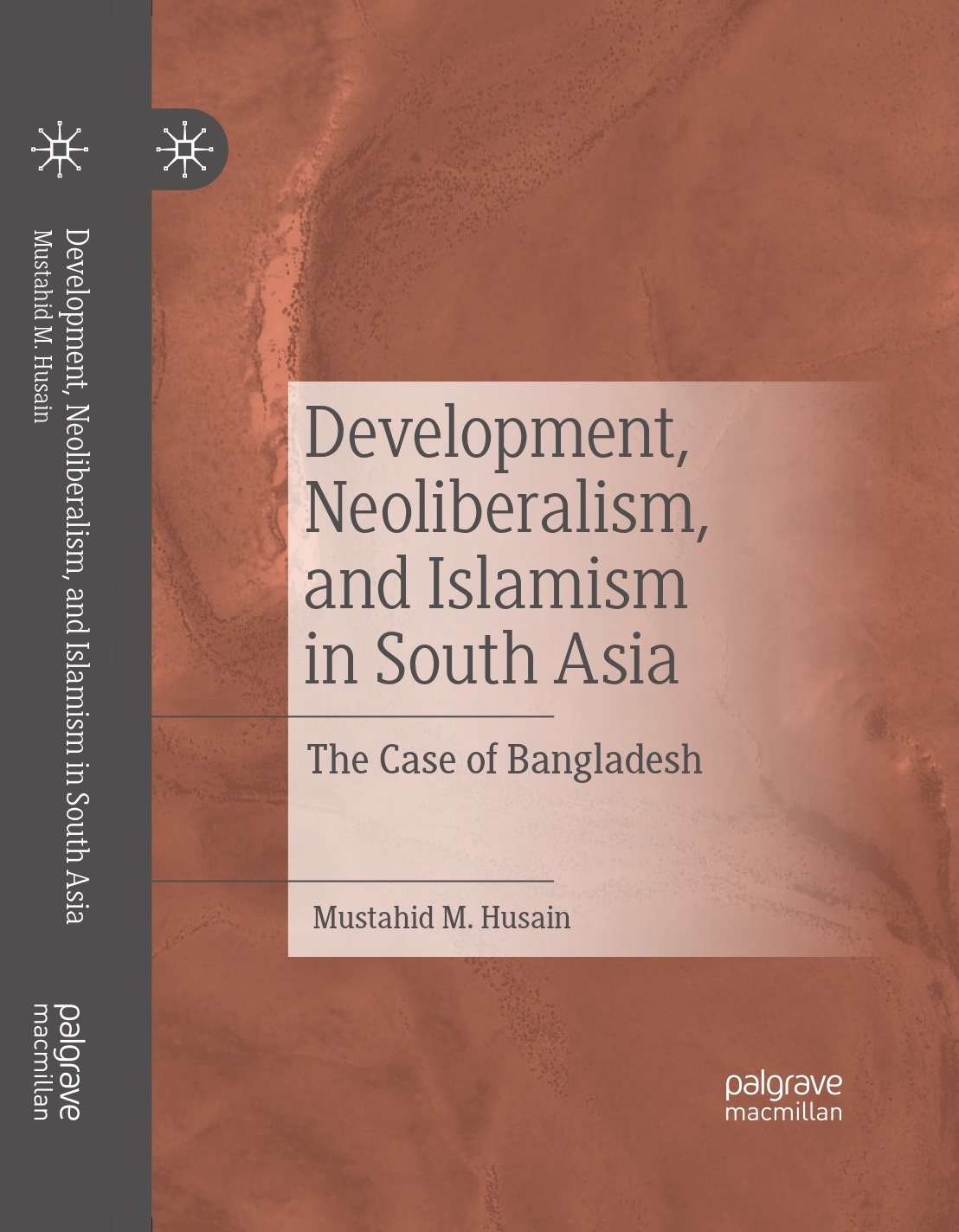
Interests
Mustahid’s research and pedagogy interests fall within three broad categories:
- socio-economic and racial inequality within global political economy
- racialized youth and mental health across the gender stream
- community-engaged scholarship with an emphasis on creating and sustaining research partnerships with community grassroots organizations, with a focus on South Asia and South Asian diaspora
Mustahid’s research initiatives, supported by Canadian tri-council funding from organizations like the Natural Sciences and Engineering Research Council and Social Science and Humanities Research Council, employ an intersectional framework to examine diaspora communities and their well-being.
Dr. Husain is leading a research team to implement দুই ভুবন (Dui Bhubon – Two Worlds), an inclusive, digital Bangladeshi-Canadian Immigrant Archive dedicated to cultural preservation.
Publications
Mustahid’s work features in a range of an ethnographic novel, monographs, journal articles, book chapters and edited volumes as well as received press coverage in Canadian Broadcasting Corporation, Foreign Policy, and Times Higher Education.
Monographs
-
Masculinity and Mental Health of Muslim Men of Colour: Diaspora and Intersectionality of Canadian Youth
 Read more: Masculinity and Mental Health of Muslim Men of Colour: Diaspora and Intersectionality of Canadian Youth
Read more: Masculinity and Mental Health of Muslim Men of Colour: Diaspora and Intersectionality of Canadian YouthExcerpt This ground-breaking monograph delves into the complexities of masculinity, mental health, and cultural identity among young Bangladeshi-Canadian men. Employing an anthropological, intersectional approach, it scrutinizes the interplay of neoliberalism, Islamic piety, and diasporic experiences in shaping their masculine trajectories. The study unravels the intergenerational trauma, parental pressures, and societal expectations that contribute to their…
-
Development, Neoliberalism, and Islamism in South Asia: The Case of Bangladesh
 Read more: Development, Neoliberalism, and Islamism in South Asia: The Case of Bangladesh
Read more: Development, Neoliberalism, and Islamism in South Asia: The Case of BangladeshExcerpt This monograph analyzes development through an examination of those class relations and how they are situated vis-à-vis the politics of development and economic globalization in Bangladesh, and how they shape aid delivery mechanisms and aid recipients’ choices in participating in such program. One of the main findings is that development in Bangladesh relies on…